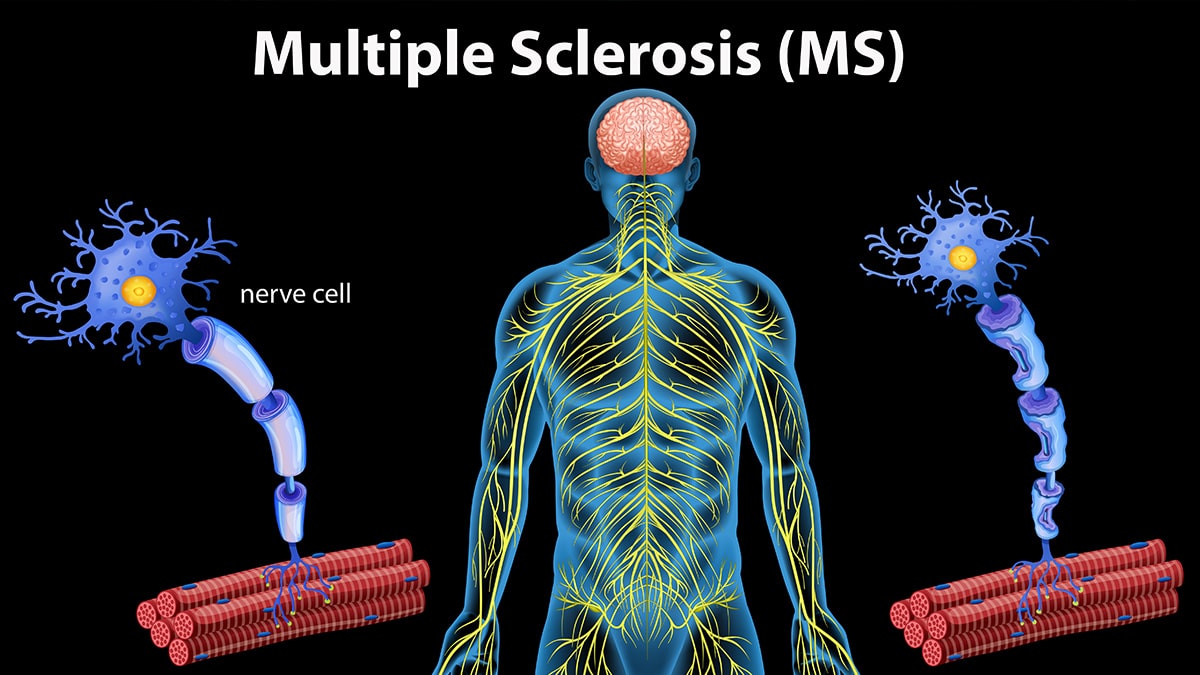Understanding Multiple Sclerosis: A Comprehensive Guide
Welcome to the world of Multiple Sclerosis, a chronic and often disabling disease that affects the central nervous system. If you or a loved one has been diagnosed with Multiple Sclerosis, you may have many questions and concerns. In this guide, we will provide you with valuable information to help you better understand the condition, its symptoms, and treatment options.
The Benefits of Educating Yourself about Multiple Sclerosis
Knowledge is power when it comes to managing Multiple Sclerosis. By learning more about the disease, you can make informed decisions about your health and treatment options. Understanding the symptoms and progression of Multiple Sclerosis can help you and your healthcare provider create a personalized management plan that suits your needs.
A Closer Look at Multiple Sclerosis
Multiple Sclerosis is a disease in which the immune system attacks the protective covering of nerve fibers in the brain and spinal cord. This can lead to communication problems between the brain and the rest of the body. The exact cause of Multiple Sclerosis is unknown, but genetic and environmental factors are believed to play a role.
Some common symptoms of Multiple Sclerosis include fatigue, numbness or weakness in one or more limbs, tremors, lack of coordination, and problems with vision. The severity and progression of symptoms can vary from person to person.
Frequently Asked Questions about Multiple Sclerosis
1. What are the early signs of Multiple Sclerosis?
Early signs of Multiple Sclerosis may include vision problems, tingling or numbness in the limbs, fatigue, and muscle weakness. It is important to consult a healthcare provider if you experience any concerning symptoms.
2. Can Multiple Sclerosis be cured?
Currently, there is no cure for Multiple Sclerosis. However, various treatment options are available to help manage symptoms, slow the progression of the disease, and improve quality of life.
3. How is Multiple Sclerosis diagnosed?
Diagnosing Multiple Sclerosis can be challenging as its symptoms can mimic other conditions. Healthcare providers may use a combination of medical history, neurological exams, imaging tests, and lab tests to confirm a diagnosis.
4. What lifestyle changes can help manage Multiple Sclerosis?
Living a healthy lifestyle that includes regular exercise, a balanced diet, stress management, and getting enough rest can help manage symptoms and improve overall well-being for individuals with Multiple Sclerosis.
5. Is there a link between diet and Multiple Sclerosis?
While more research is needed, some studies suggest that certain diets, such as those high in antioxidants and omega-3 fatty acids, may have benefits for individuals with Multiple Sclerosis. Consulting with a healthcare provider or nutritionist is recommended.
In Conclusion
Multiple Sclerosis is a complex and challenging disease, but with the right knowledge and support, individuals can effectively manage their symptoms and lead fulfilling lives. By staying informed, seeking proper medical care, and making positive lifestyle choices, those with Multiple Sclerosis can take control of their health and well-being.

